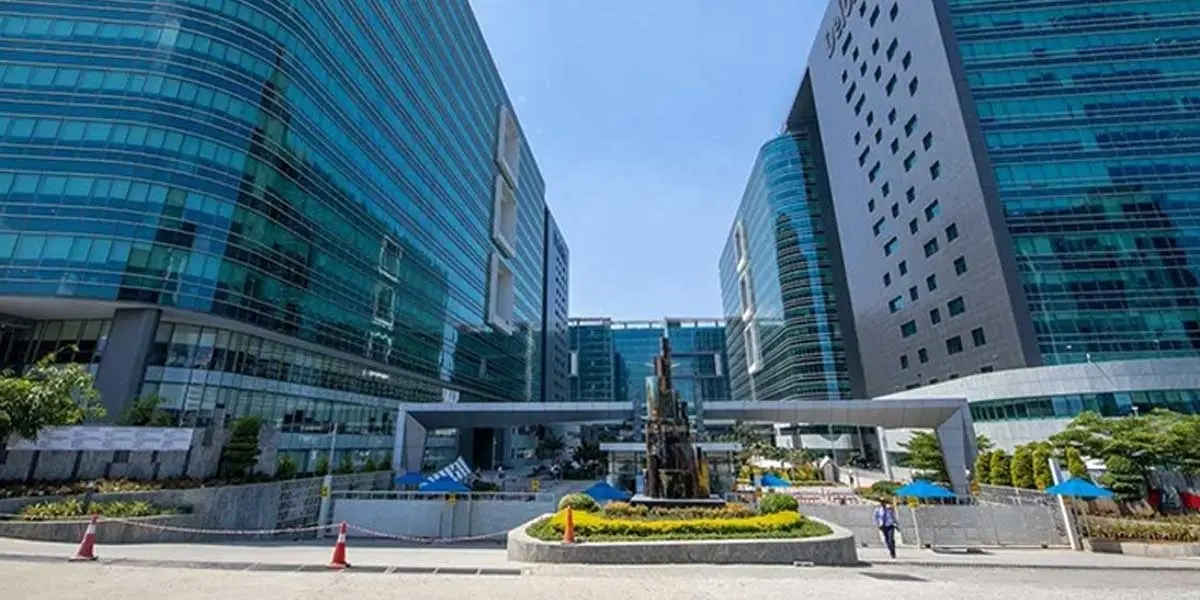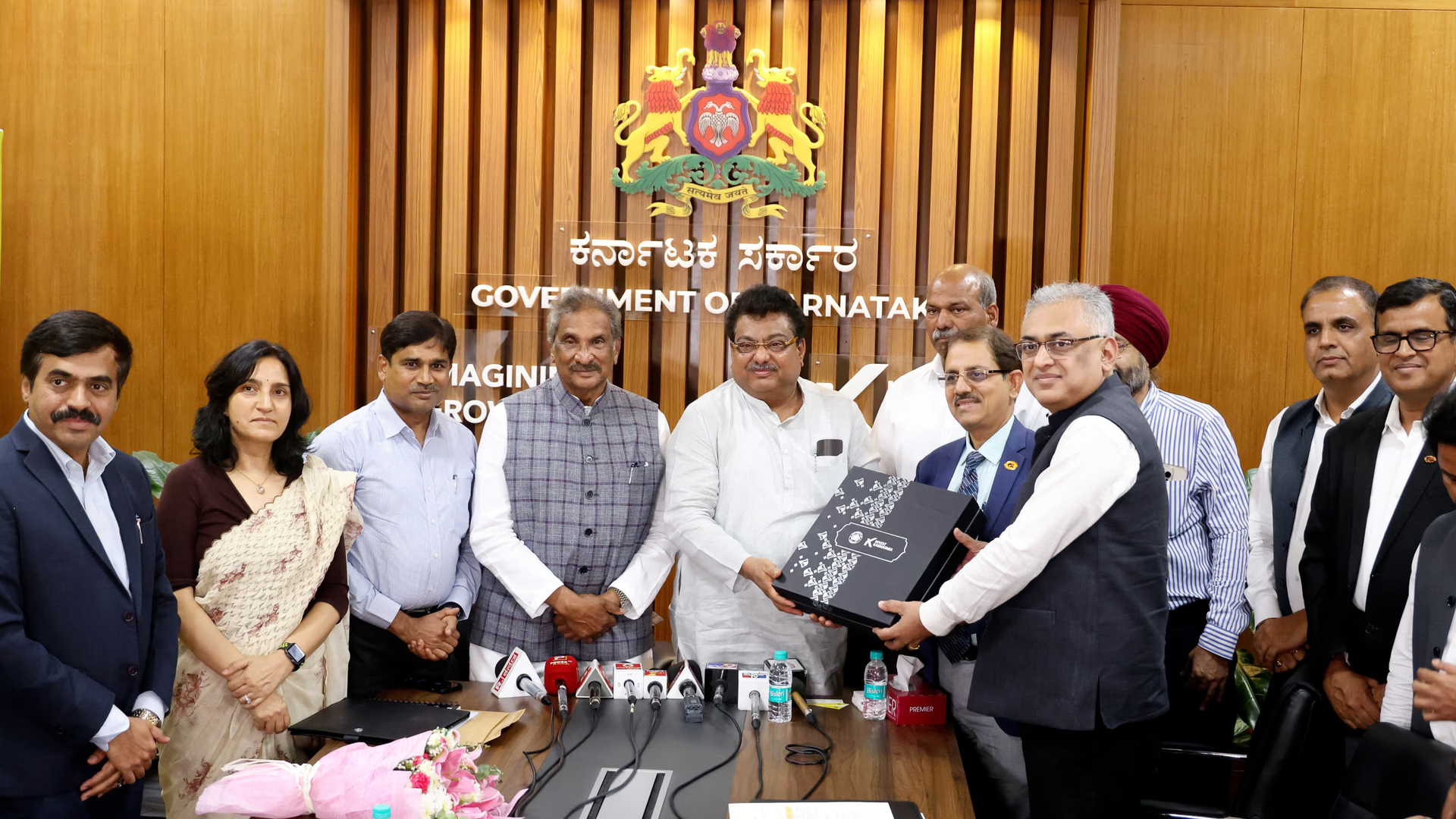ad hoc reporting in response to disruptions or emerging risks.
McKinsey & Company
This blog explores strategies that manufacturers and supply chain leaders can adopt to create more agile, adaptable, and robust supply chains in the face of global disruptions.
What is a Resilient Supply Chain?
A resilient supply chain anticipates, prepares for, responds to, and recovers from disruptions while continuing to deliver products and services to customers. According to the Business Continuity Institute's (BCI) Supply Chain Resilience Report 2023, organizations that experienced more than 10 supply chain disruptions increased fivefold, highlighting the critical need for resilience.
SGSCorp
Key Elements of a Resilient Supply Chain
- Diversification of Suppliers
Relying on a single supplier or a specific geographical region exposes businesses to significant risks. Diversifying suppliers across multiple regions and sources can mitigate the impact of disruptions. For instance, companies like Apple have diversified their supplier base to reduce risks associated with geopolitical tensions and natural disasters. - Real-Time Data and Visibility
Investing in technologies like IoT and AI enables businesses to gain real-time insights into supply chain processes, identify vulnerabilities, and address issues proactively. Procter & Gamble utilized real-time data during the COVID-19 pandemic to manage inventory and production efficiently, reducing supply chain bottlenecks. - Agile Inventory Management
Effective inventory management is crucial in navigating disruptions. While lean inventory reduces carrying costs, it can lead to vulnerabilities during supply disruptions. Adopting a just-in-case inventory strategy alongside just-in-time practices provides flexibility. During the pandemic, companies that held higher levels of inventory were better positioned to manage supply disruptions. - Technology Integration for Predictive Analytics
AI and machine learning can analyze historical data, market conditions, and geopolitical factors to predict risks and recommend mitigation strategies. Nike used predictive analytics to forecast disruptions in global supply chains, allowing proactive measures to ensure product availability. - Collaborative Partnerships
Building strong relationships with suppliers, logistics providers, and customers fosters an agile and resilient supply chain. Collaborative efforts lead to better communication and resource-sharing, particularly in times of crisis. The Collaborative Logistics Initiative in Europe exemplifies how industries can work together to enhance collective resilience.
Strategies for Overcoming Global Disruptions
- Scenario Planning and Risk Management
Scenario planning allows businesses to simulate various types of disruptions—be it trade wars, pandemics, or natural disasters—to assess vulnerabilities and design contingency plans. General Electric (GE) leveraged scenario planning and risk management strategies to manage supply chain bottlenecks and tariff changes, minimizing potential disruptions. - Nearshoring and Reshoring
In light of disruptions like the COVID-19 pandemic and trade tensions, companies are increasingly nearshoring and reshoring production closer to home markets. This reduces logistics time and costs and mitigates risks associated with long supply chains. Ford and Dell reshored parts of their production to reduce reliance on overseas suppliers, improving supply chain resilience. - Building Strong Contingency Plans
Detailed contingency plans for various types of disruptions are essential for resilience. These plans should outline strategies for alternative sourcing, inventory management, and logistics arrangements. During the global semiconductor shortage, many companies shifted to alternative suppliers and adjusted production schedules to minimize downtime. - Leveraging Blockchain for Transparency
Blockchain technology offers an immutable, transparent, and secure ledger of transactions, enhancing traceability and enabling companies to react quickly in the event of a disruption. Walmart uses blockchain to trace product origins and ensure compliance during supply chain challenges.
Challenges to Building Resilient Supply Chains
Building a resilient supply chain is not without challenges. The initial investment in technologies like AI, IoT, and blockchain is significant, and many businesses face hurdles in integrating these technologies into existing systems. Additionally, the complexity of global supply networks makes managing a diversified supply chain daunting, especially regarding logistics and maintaining quality control across borders. Finally, the talent shortage in supply chain management and technology integration presents a barrier to building resilience.
Conclusion
The need for resilient supply chains has never been more pressing. By diversifying suppliers, embracing real-time data, leveraging predictive analytics, and investing in collaboration, companies can build the resilience required to withstand future disruptions. Companies that have embraced digital transformation and adopted resilient strategies have been able to navigate challenges more successfully. According to McKinsey, businesses that invested in digital tools reported a 30-40% improvement in their ability to respond to supply chain disruptions.
The future of resilient supply chains lies in their ability to adapt quickly, communicate effectively, and make data-driven decisions. As businesses look ahead, leveraging advanced technologies and fostering strong partnerships will be the keys to long-term success.









